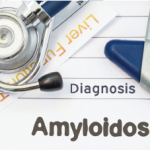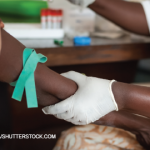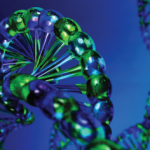CHICAGO—Sherine E. Gabriel, MD, MSc, professor of medicine at Rutgers Medical School in Newark, N.J., and a past president of the ACR, presented an overview of cardiovascular disease and rheumatology on a Saturday morning to a room overflowing with rheumatologists attending the ACR’s State-of-the-Art Clinical Symposium in April. She noted that physicians have known for a…








